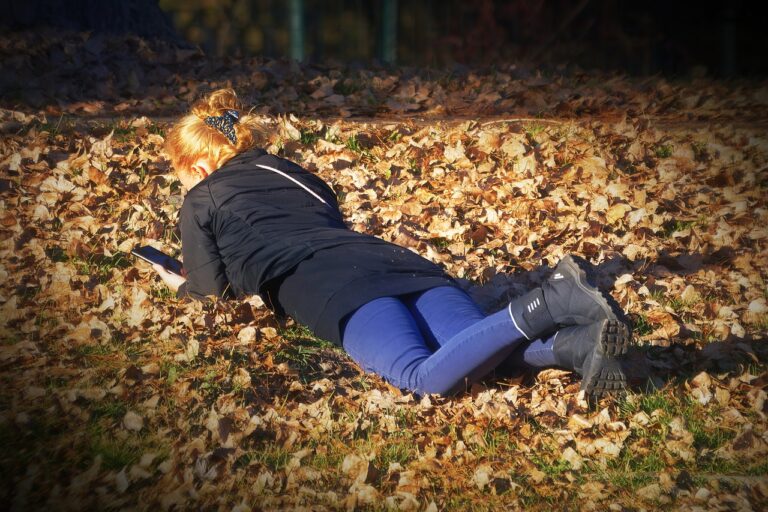The Impact of Pilates on Swimming Coaches: Improving Core Strength and Technique
cricket 999.com login, 11xplay online, betbhai9 id:Swimming coaches play a crucial role in helping athletes improve their technique and performance in the water. As coaches, it is essential to continuously seek ways to enhance our own physical fitness and knowledge to better support our swimmers. One method that has gained popularity among many coaches is the practice of Pilates.
Pilates is a form of exercise that focuses on strengthening the core muscles, improving flexibility, and enhancing overall body alignment and posture. Many swimming coaches have found that incorporating Pilates into their training regimen has led to significant improvements in their core strength, stability, and swimming technique.
Here are some ways in which Pilates can benefit swimming coaches:
1. Improved Core Strength: As swimming coaches, having a strong core is essential for maintaining proper body position in the water and executing efficient strokes. Pilates exercises target the core muscles, including the abdominals, obliques, and lower back, helping to improve core strength and stability.
2. Enhanced Flexibility: Pilates exercises also focus on improving flexibility, which is crucial for swimmers to achieve a full range of motion in their strokes. Increased flexibility can help coaches demonstrate proper swimming technique more effectively and reduce the risk of injury.
3. Better Body Alignment: Pilates emphasizes proper body alignment and posture, which can translate to improved body awareness in the water. Swimming coaches who practice Pilates are better equipped to analyze their swimmers’ body positions and provide targeted feedback for technique improvement.
4. Injury Prevention: By strengthening the core muscles and improving flexibility, Pilates can help swimming coaches prevent common injuries associated with coaching, such as back pain or shoulder strains. A strong and stable core can also help coaches maintain good posture while demonstrating drills and exercises to athletes.
5. Increased Energy and Endurance: Pilates is a low-impact exercise that can improve overall fitness levels, including cardiovascular endurance. Swimming coaches who incorporate Pilates into their training routine may find that they have more energy and stamina to keep up with the demands of coaching multiple swimmers.
6. Mental Focus: Pilates requires concentration and mind-body connection, which can help swimming coaches stay focused and present during coaching sessions. Improved mental focus can lead to better communication with athletes, more effective instruction, and a positive coaching environment.
In conclusion, Pilates can be a valuable tool for swimming coaches looking to enhance their core strength, technique, and overall fitness. By incorporating Pilates into their training routine, coaches can improve their physical well-being, prevent injuries, and ultimately provide better support to their swimmers. Give Pilates a try and experience the benefits firsthand!
FAQs
1. How often should swimming coaches practice Pilates?
Swimming coaches can benefit from practicing Pilates at least 2-3 times per week to see improvements in core strength, flexibility, and technique.
2. Can beginners start Pilates even if they have no prior experience?
Yes, beginners can start Pilates with the guidance of a certified instructor who can tailor the exercises to their fitness level and goals.
3. Are there specific Pilates exercises that are more beneficial for swimming coaches?
Pilates exercises that focus on core strength, stability, and flexibility, such as those targeting the abdominal muscles, obliques, and lower back, are particularly beneficial for swimming coaches.
4. How soon can swimming coaches expect to see results from practicing Pilates?
Results from practicing Pilates may vary depending on individual fitness levels and consistency. Most coaches may start to notice improvements in core strength and flexibility within a few weeks of regular practice.







